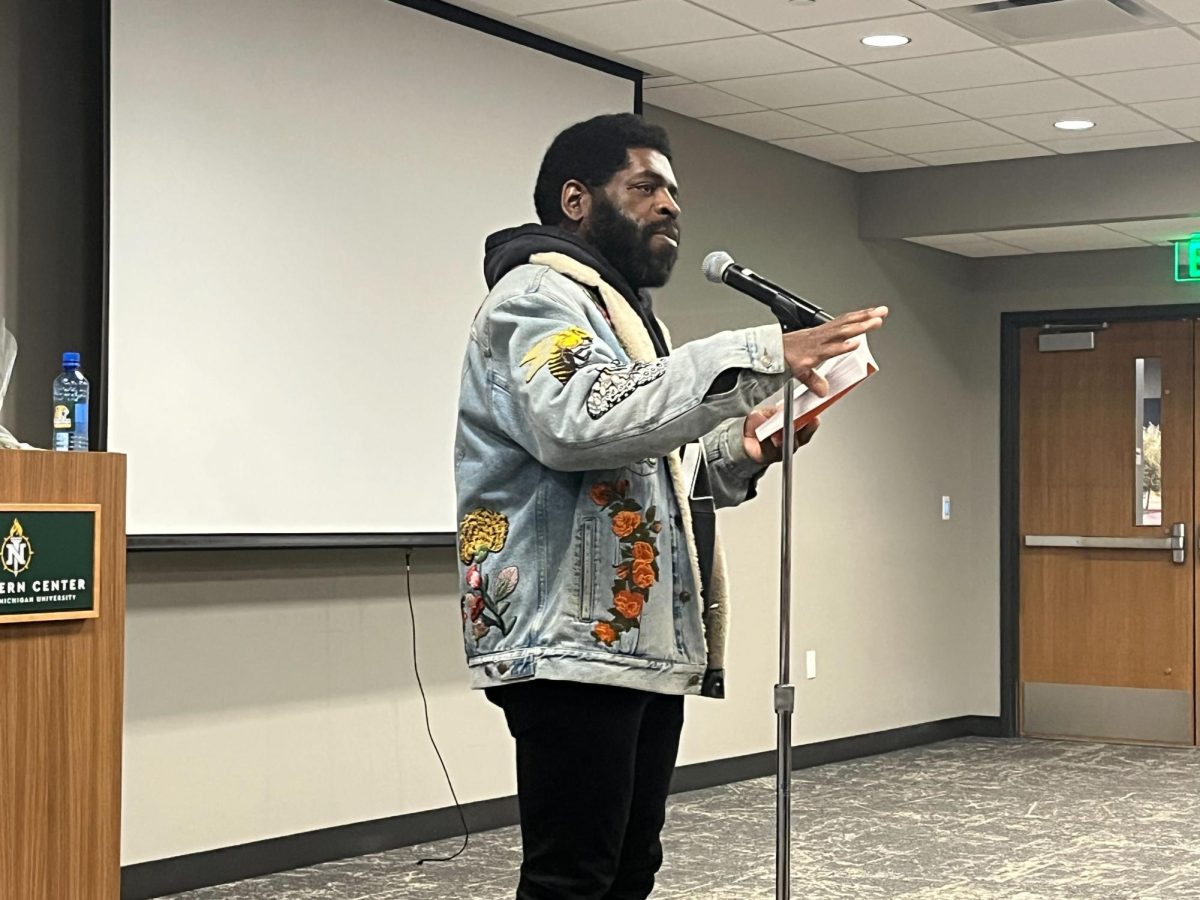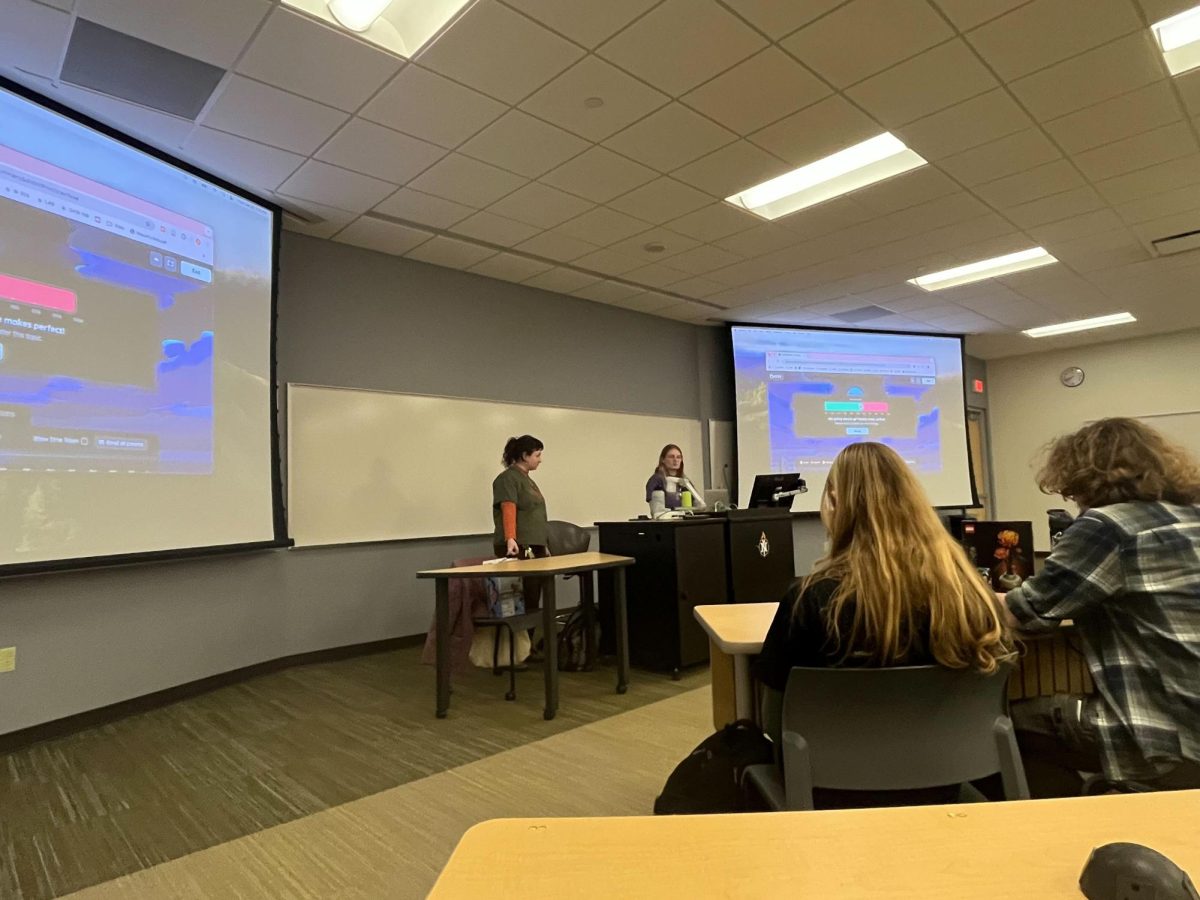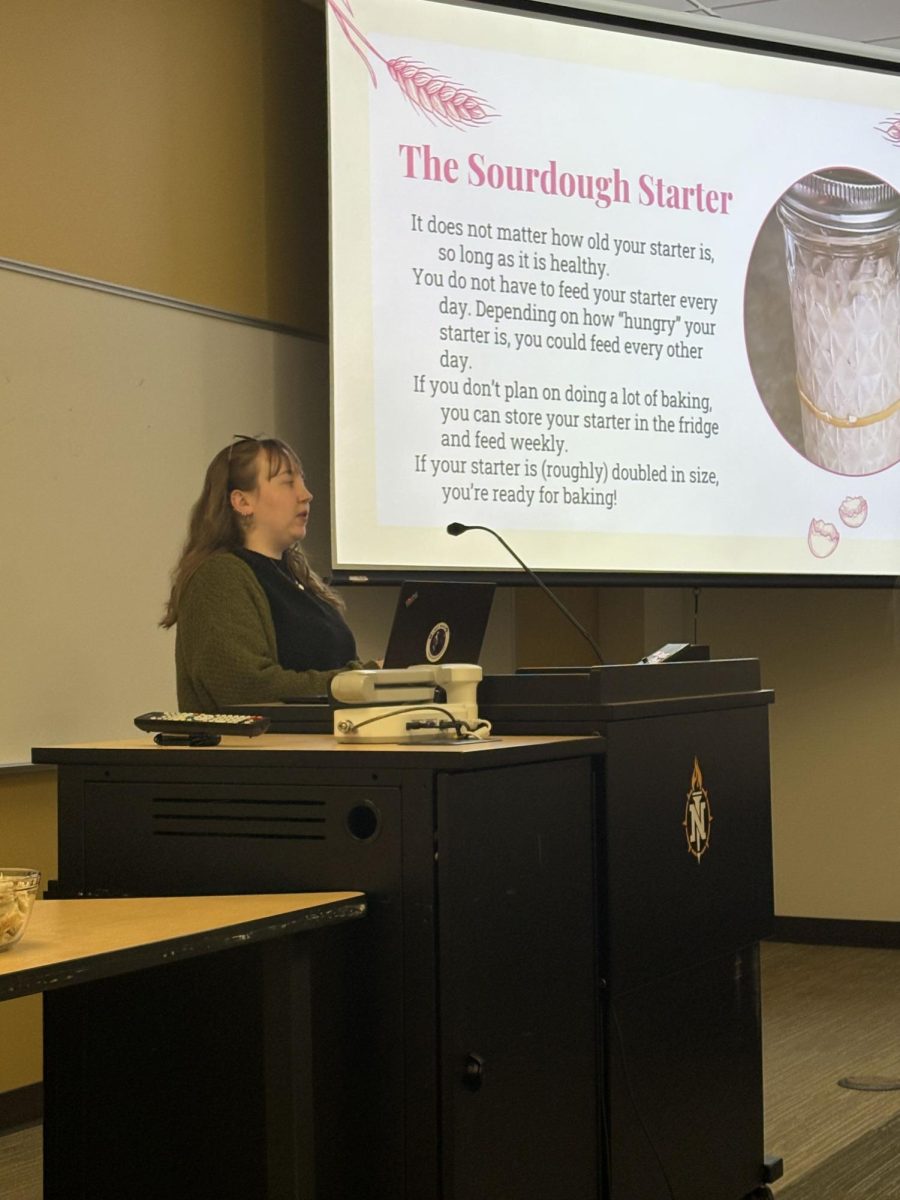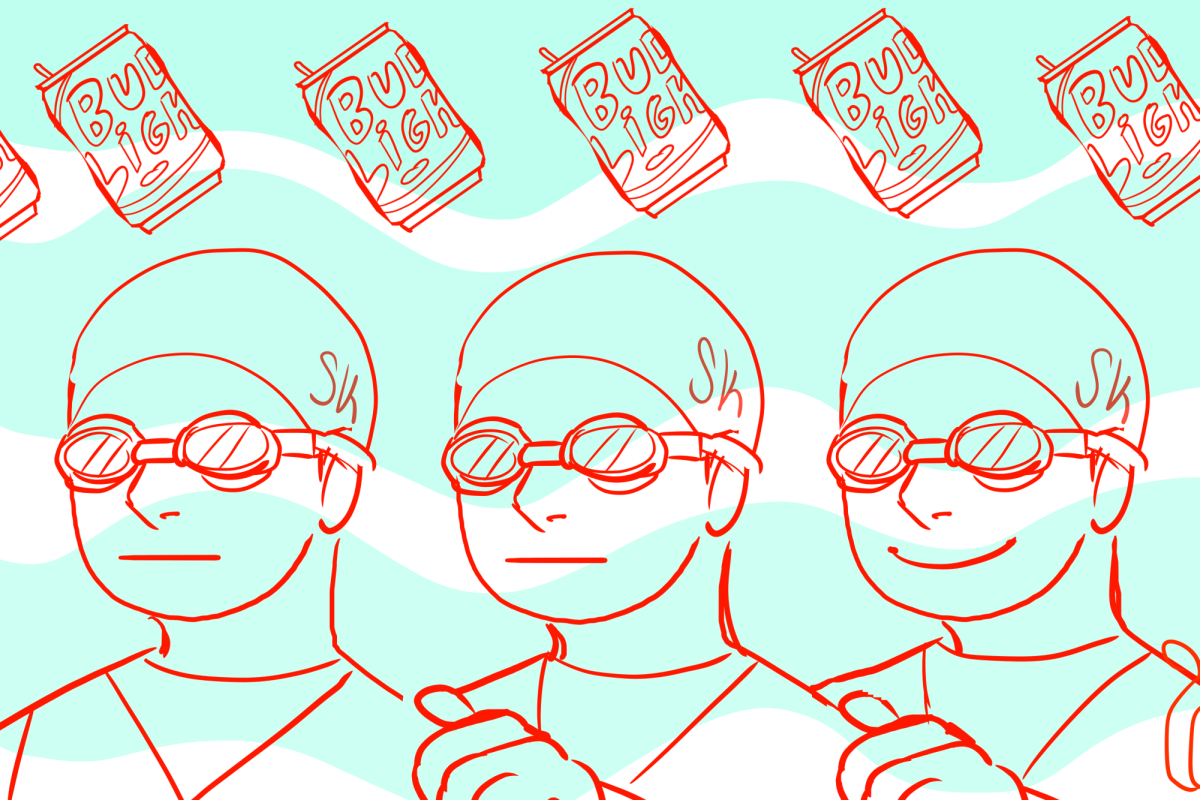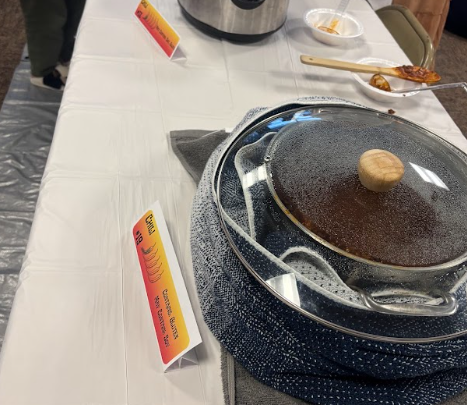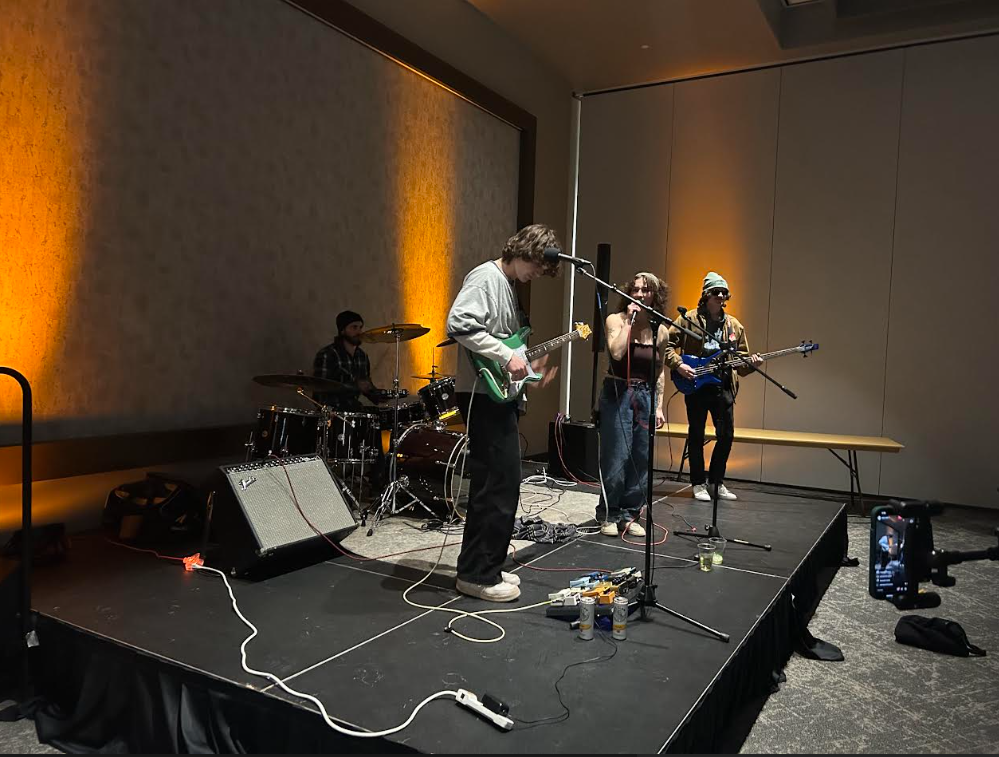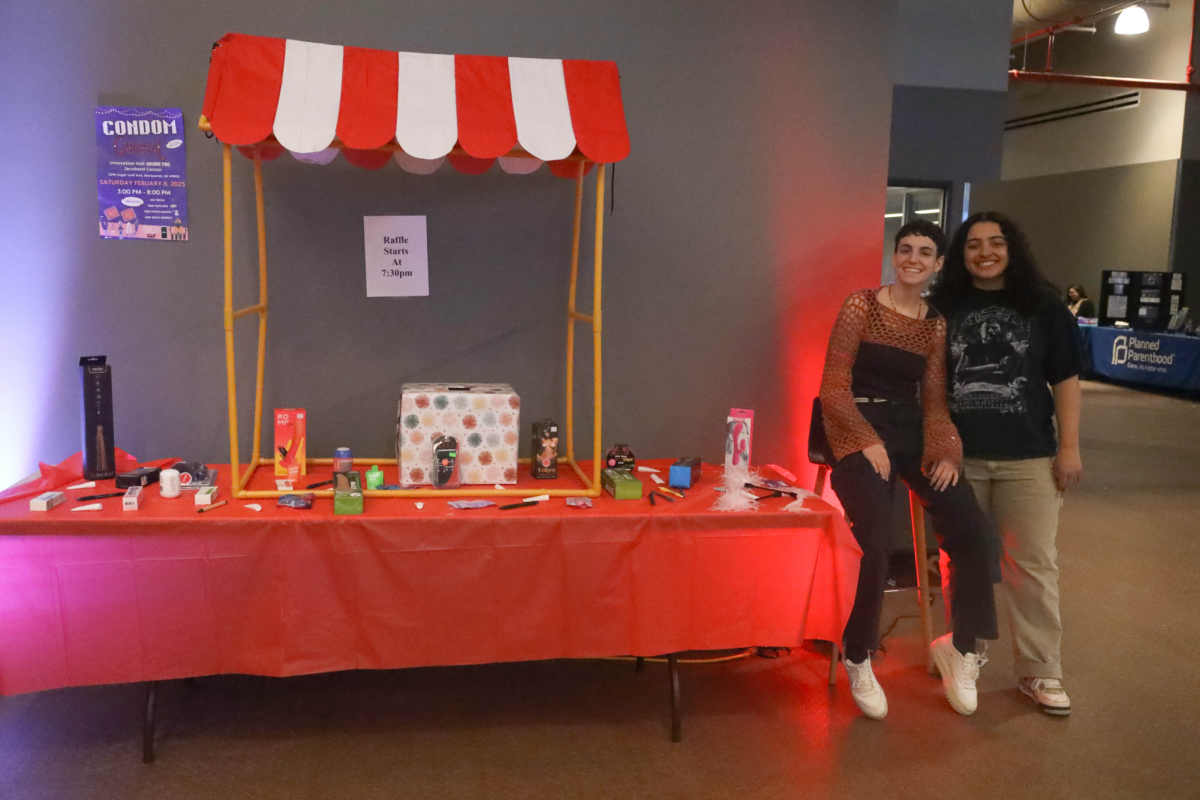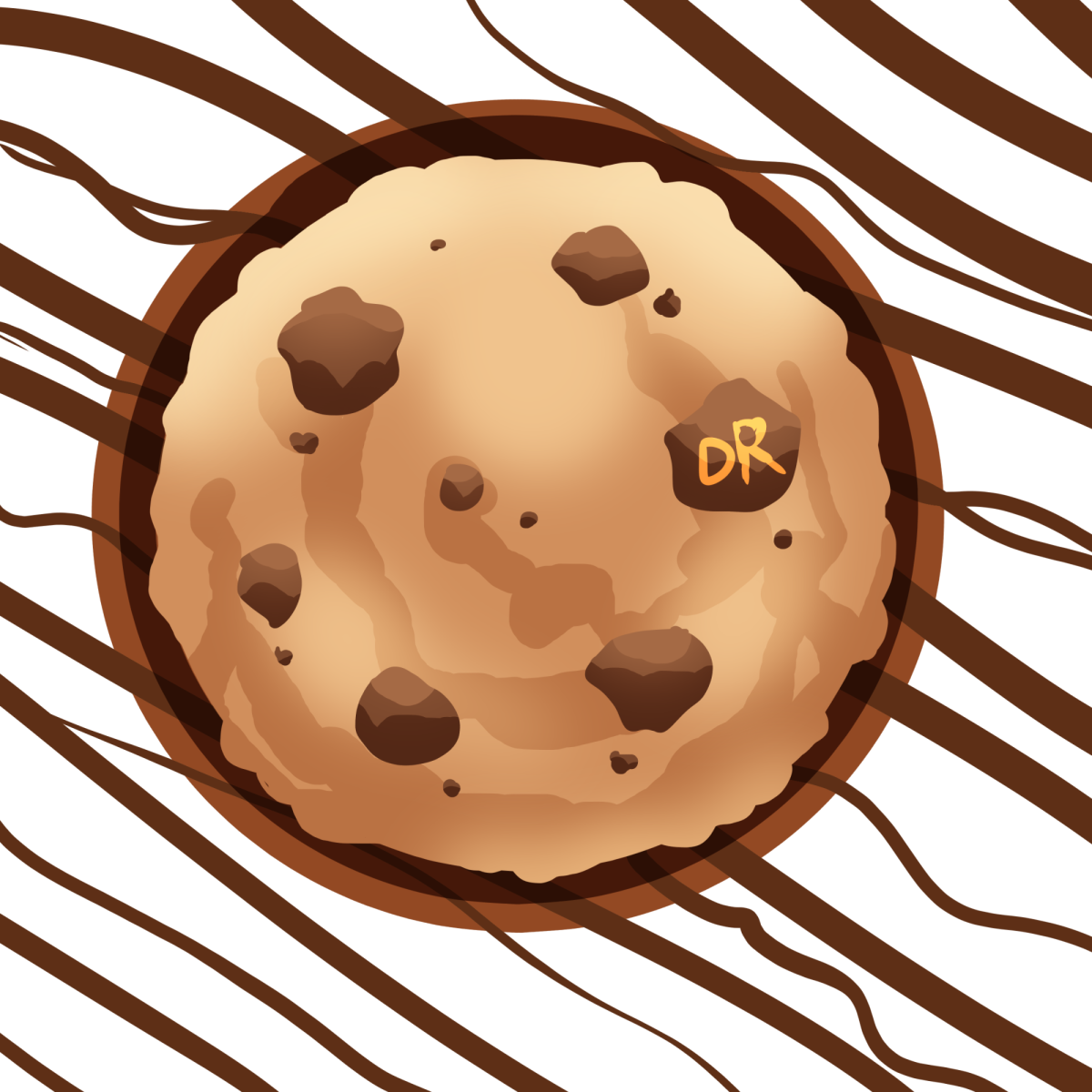In the lounge area of the lower level of the Learning Resources Center, Allie Van Lopik, freshman elementary education major, waits in a busy 9 a.m. Starbucks line to get her first cup of coffee for the day – a 16 oz. Grande, or nearly 330 mg of caffeine.
“I usually go to Starbucks at least once a day, and then if I want more coffee I make some in my room,” Van Lopik said. “I know I probably shouldn’t be drinking as much as I do. I know there are risks, but I don’t really know them.”
According to a 2012 report by the Food and Drug Administration, a current investigation of several cases involving energy supplements like 5-hour Energy, Monster and Rockstar has found that 18 people have died since 2009 from the overconsumption of caffeine.
According to food and drink industry consultants Zenith International, the number of people drinking these supplements has averaged a year-over-year increase of about 10 percent since 2007.
While the risk for death isn’t substantial when it comes to energy drink or coffee consumption, smaller and more immediate effects can take a toll on you according to David Luoma, M.D. and medical director at NMU’s Vielmetti Health Center.
“If you’re sensitive, you might experience caffeine withdrawal, commonly in the form of a headache,” Luoma said. “Some people are more prone to irregular heartbeats, racing heartbeats and that sort of thing.”
The FDA lists numerous side effects of the drug caffeine. Many know that caffeine tends to make one jittery and shaky, but the symptoms can also range from headaches and nausea to dehydration.
Also on the FDA list is an uneven heart rhythm, making your heartbeat faster, causing an increase in blood pressure.
Lenny Shible, NMU Health Promotion Specialist, has heard discussions about caffeine and warns that it could be a problem.
“The challenge with some of the energy drinks is that sometimes it can cause changes in heart rate,” Shible said. “If someone has an undetected heart problem, [energy drinks] can be dangerous or fatal.”
According to the FDA, experts agree that more than 600 mg of caffeine per day is too much.
A 5-Hour Energy has as much as 208 mg, a Full Throttle 200 mg and a Rockstar as much as 160 mg, according to the Center for Science in the Public Interest. And it’s not just energy drinks that could cause problems—a 20 oz. Venti coffee at Starbucks has 415 mg of caffeine.
Shible said fatalities due to caffeine don’t happen often, but they are definitely something to stay aware of. This, however, can be hard to do because of just how plentiful the drug is, he said.
“One of the challenges with caffeine is sometimes people don’t know which things they are putting in their body have caffeine,” Shible said. “It’s clear that coffees and sodas and the like have caffeine. What’s not clear is that many medications that people use over the counter also have caffeine, because they can enhance the positive effects of the medication.”
On college campuses especially—where students are pressured with exams to study for, papers to write and jobs to work—energy drinks are prominent.
Caffeinated products are available in vending machines, lounges, coffee shops and stores throughout Northern’s campus and community.
Liz Shaw, a senior business management major and cashier at the NMU Bookstore, says she has definitely seen an increase in caffeine sales at the University Center business.
“We sell a lot of energy and coffee drinks,” Shaw said. “For the 5-Hour Energy’s, I see the same people come in pretty regularly for them.”
In the Starbucks line, freshman nursing majors Allison Popovich and Lexie Biegalski aren’t far behind Van Lopik.
“It’s probably not good for your heart because it makes it start beating super fast and working over time,” Biegalski said.
But are those risks enough to stop them from their morning caffeine routine?
“I could drink it every day and then probably not drink it,” Popovich said, before giving it a little more thought. “I wouldn’t be crawling out of my skin, but I’d feel like I was missing something.”
According to Louma the important thing to do is recognize what your limits are.
“In terms of moderate intake, there is no question it improves alertness and performance,” Louma said. “If you do use caffeine don’t feel bad about it. If you need your cup of coffee in the morning or if you’re studying you use it, that’s OK.
I wouldn’t discourage its use, but if you do have side effects, if you do have heavy use or if you are really relying on high powered energy drinks to get you through life, maybe you should look for a different way to balance your life.”

